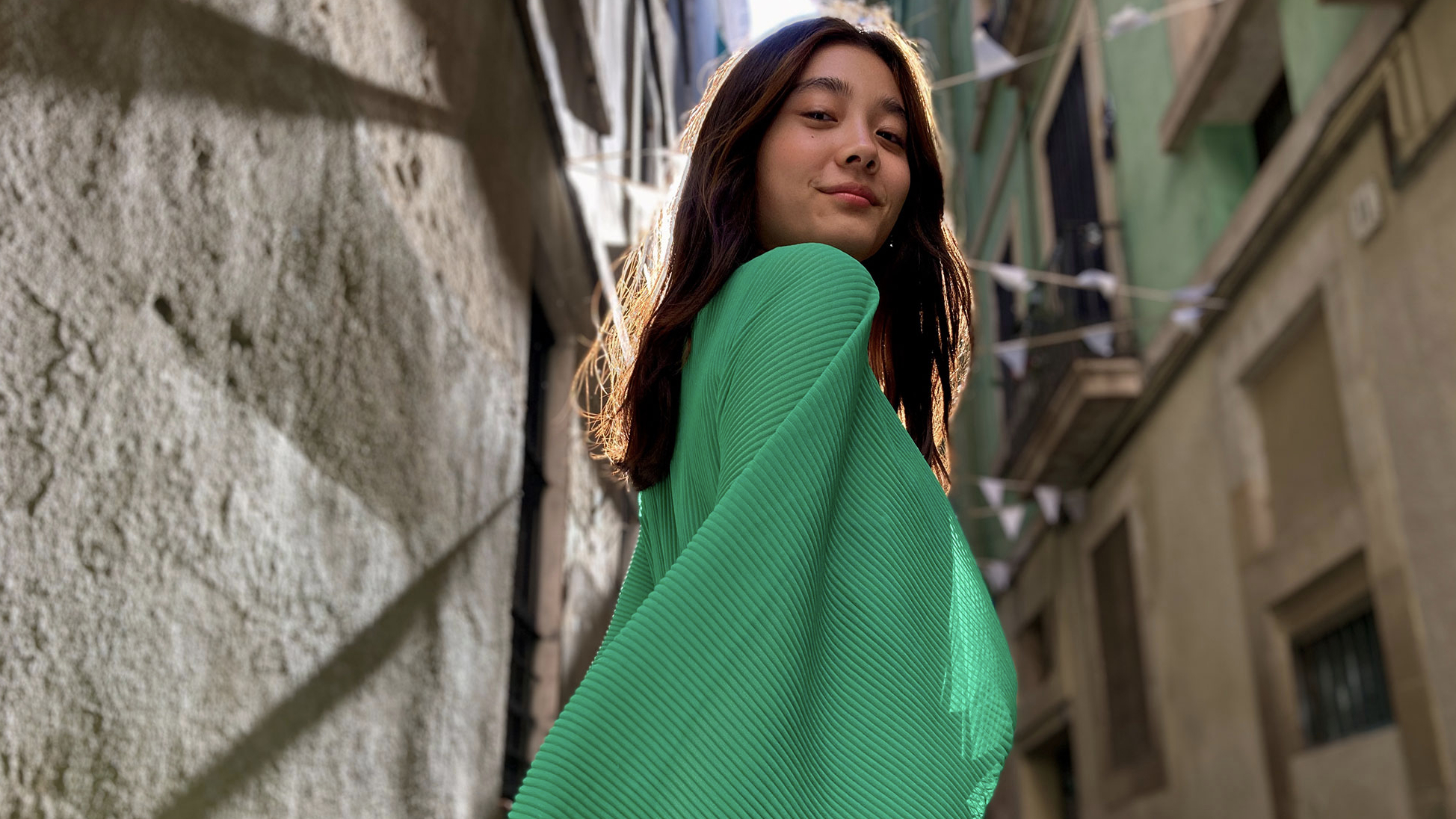When everyone with a phone can potentially be a photographer, you may wonder whether you actually need an app for editing your photos. After all, the cameras in most of the best smartphones can rival those in a proper DSLR or mirrorless set-up, delivering not only the resolution, but also the adaptability, focal length, and aperture settings you’ll find on ‘proper’ cameras. Plus, all the phones have built-in editors too, which can help you to change not only the crop and profile of an image, but also the color balance, exposure, contrast and many other aspects of your photo. Instagram itself has built-in filters which, while by no means exhaustive, do a good job of making your pics prettier. Surely you don’t need another app for editing photos?
Well, yes and no. If you’re an amateur photographer or a professional, you likely already use one of the best photo editing software packages, because they do offer many more tools and features than you’ll find on phones and in any camera’s limited retouching menus. And if you’re a keen phone photographer, you may like to know that some of our favorite photo apps - like Adobe Lightroom and CyberLink PhotoDirector 12 - have companion apps for your mobile, and they seriously help you take your photos to the next level.
Where to start with editing apps
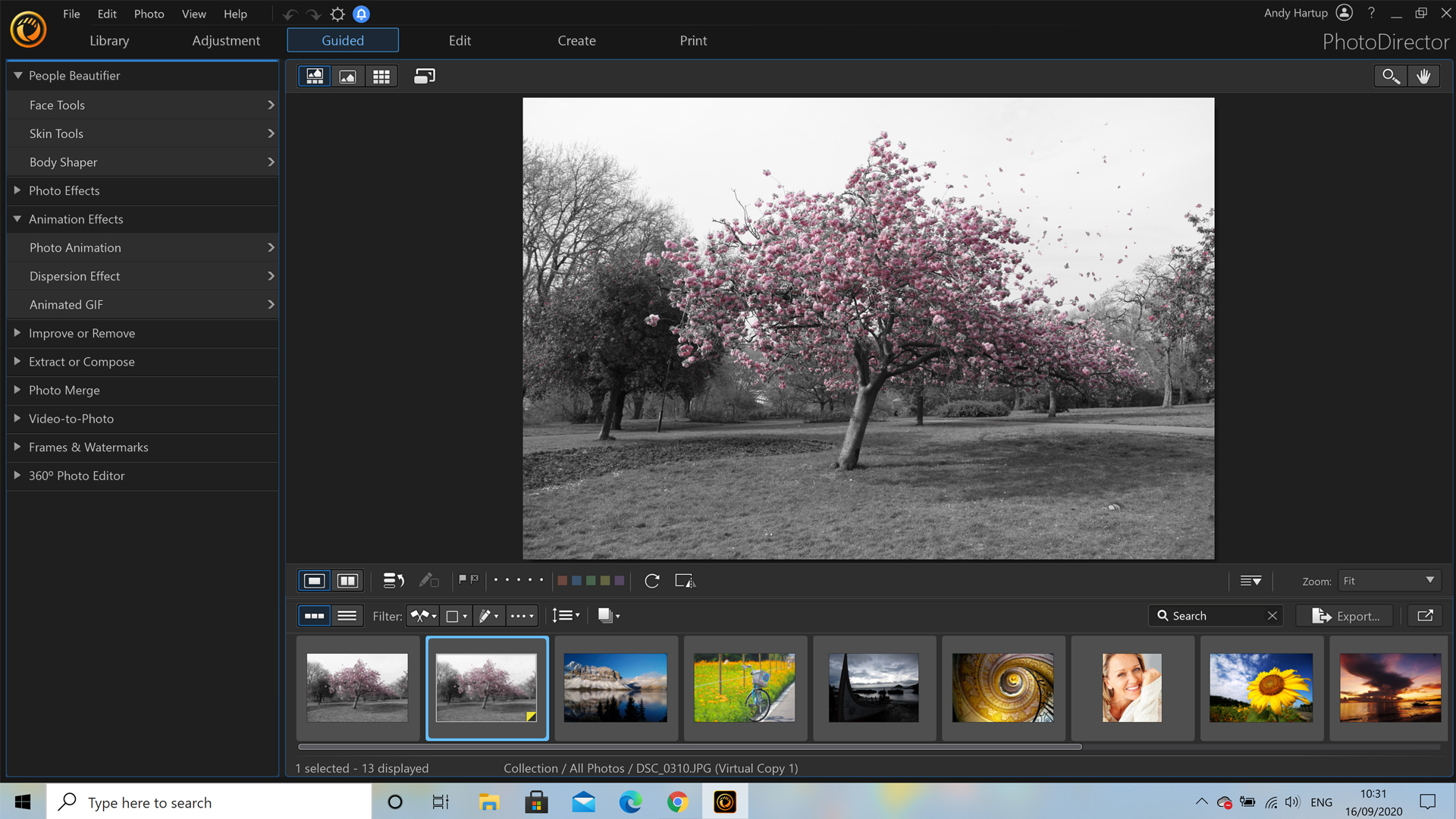
If Instagram’s filters aren’t enough, and you feel restricted by your phone’s editor, you should start looking for a separate software or app. So, if you’ve decided to try an app or two, what should you look for? “The most important feature in an editor for a newcomer would be a beginners entry point with easy to use and understand tools,” says David Morgan, Creative Director at CyberLink who made PhotoDirector 12.
Simplicity really is important. Some of you may have seen Adobe Photoshop being used, or watched a tutorial video, and simply been intimidated by how many features and menus there are. People write books about how to effectively use Photoshop, and it’s probably not suitable for beginners at all. But not all editors are like that. Many, like PhotoDirector 12, have different modes that guide you from novice to pro.
“I would definitely say our Guided Tools [are the best feature of PhotoDirector 12],” explains Morgan. “They are so incredibly simple to use but can create such astonishing results. We have really tried to make these tools very intuitive and easy enough for a novice to use but powerful enough to impress professionals. I think the most intimidating thing about the Guided Tools is just the sheer number of them, but I have yet to have a case when I opened a Guided Tool to show someone and not had them understand how the tool works in less than a minute. Most of the tools themselves only take 2 or 3 clicks and have a truly amazing end result.”
Many photo apps have both ‘expert’ and ‘guided’ options, so if you want to try one, there should be a setting that allows you to find an easy entry into the software. While Photoshop itself is more intimidating, you could try Photoshop Elements 2020, which is almost as powerful, but does have Quick, Guided, and Expert settings.
Can’t I just use editors on my phone?
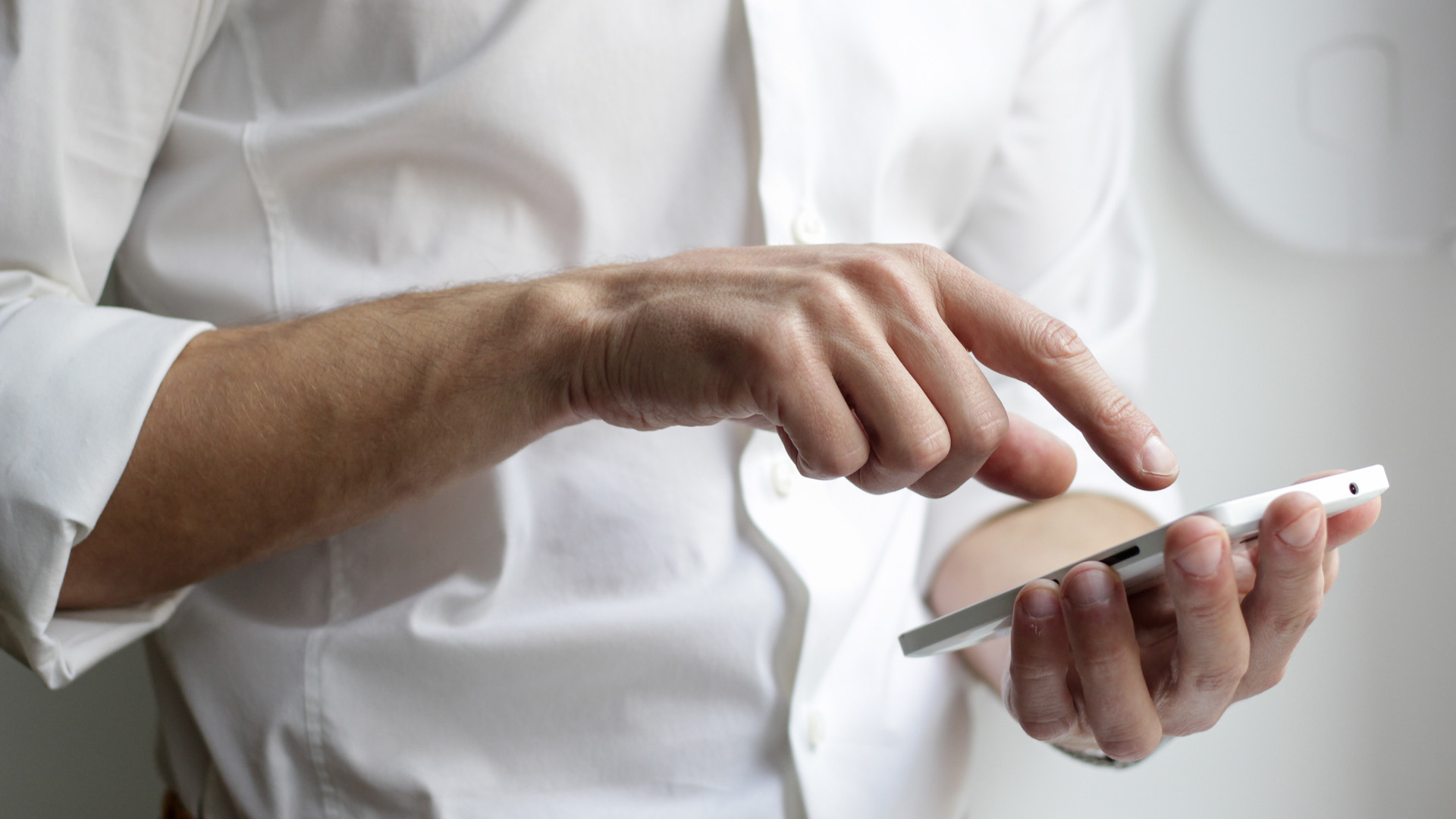
As we mentioned above, most phones come with their own built-in editors. However, many dedicated photo apps also have smartphone companions, which are free to anyone who subscribes / owns a license for the home computer version of the software. So many amateur photographers, who showcase their work on Instagram, will use the mobile version of Lightroom or PhotoDirector to make edits on their phone before posting direct from there - after all, you can’t upload images to Instagram from a desktop or laptop.
These editors often have the same tools, or very similar ones, and are powerful photo manipulation apps in their own right. And because many are tied to cloud-based subscriptions, the mobile and desktop apps will actually share the images you add to them, and the edits you make. So, for example, you could edit a picture on your computer and it will appear - exactly as you left it - on your phone. It’s super convenient, and not something you can do via the free apps included with your smartphone’s normal OS.
How do I keep track of the pictures I’ve edited?
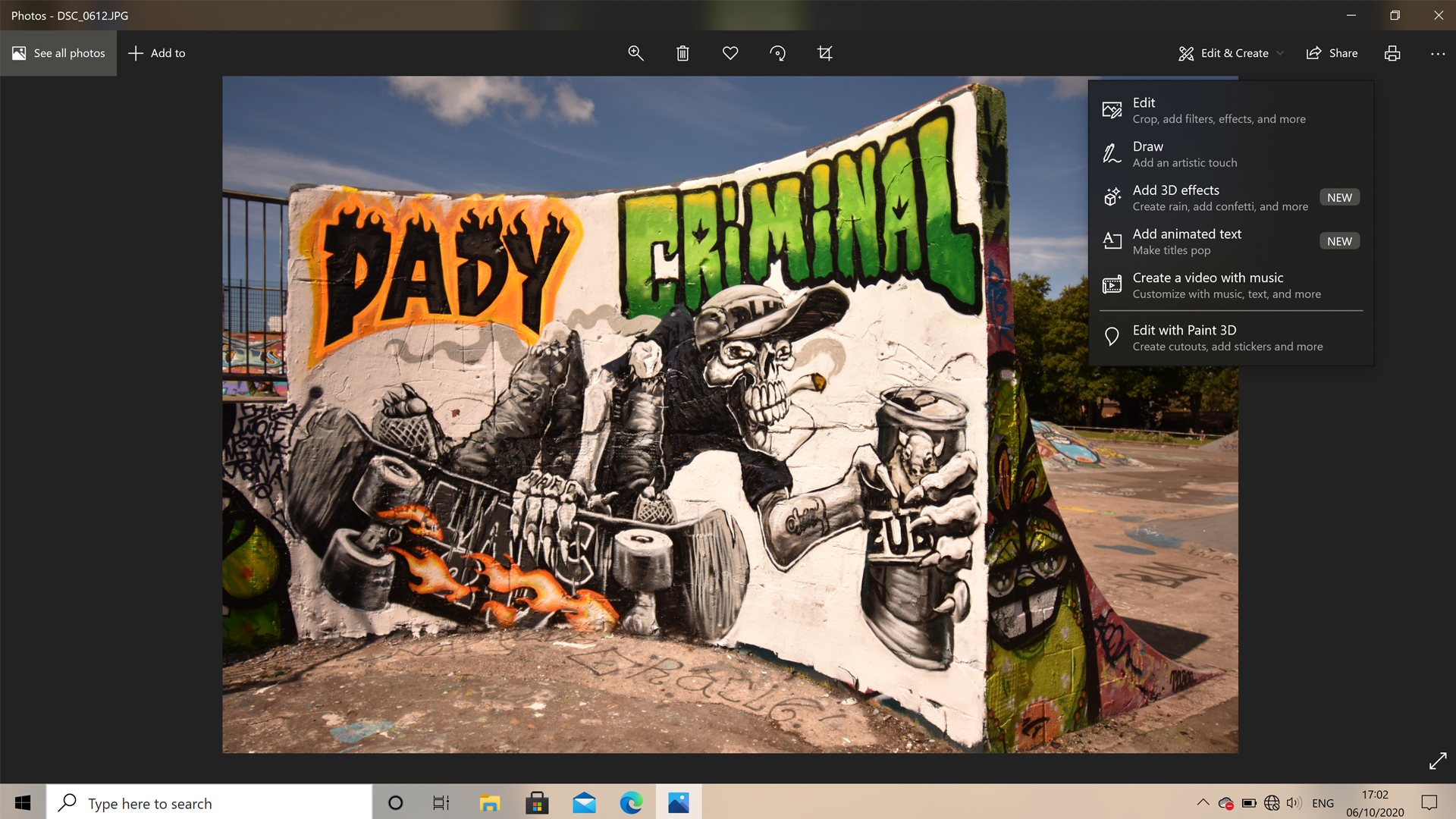
Another advantage of dedicated editing software is that they come with organizing tools too, to help you keep track of what you’ve snapped. “Everyone’s brain works differently, especially when it comes to organization,” explains Morgan. “The nice thing about PhotoDirector 12 is you can organize and find your photos in a wide range of ways. One thing I really love are our smart collections that you can create by selecting from a wide range of categories like date captured, camera settings, photo tags, etc. You can use just one category or multiple so it is easy to create highly specific collections without having to do a lot of actual organizing.”
So, it’s more than about simply making your complexion look a little healthier, or bringing out the green in that photo you took of a tree. These apps will not only enhance pictures and make you look better for your followers, but it’ll also help you track, log, and pace your pictures so you know what you’ve taken, when, and whether or not you’ve uploaded it.
Will editing apps get any better?
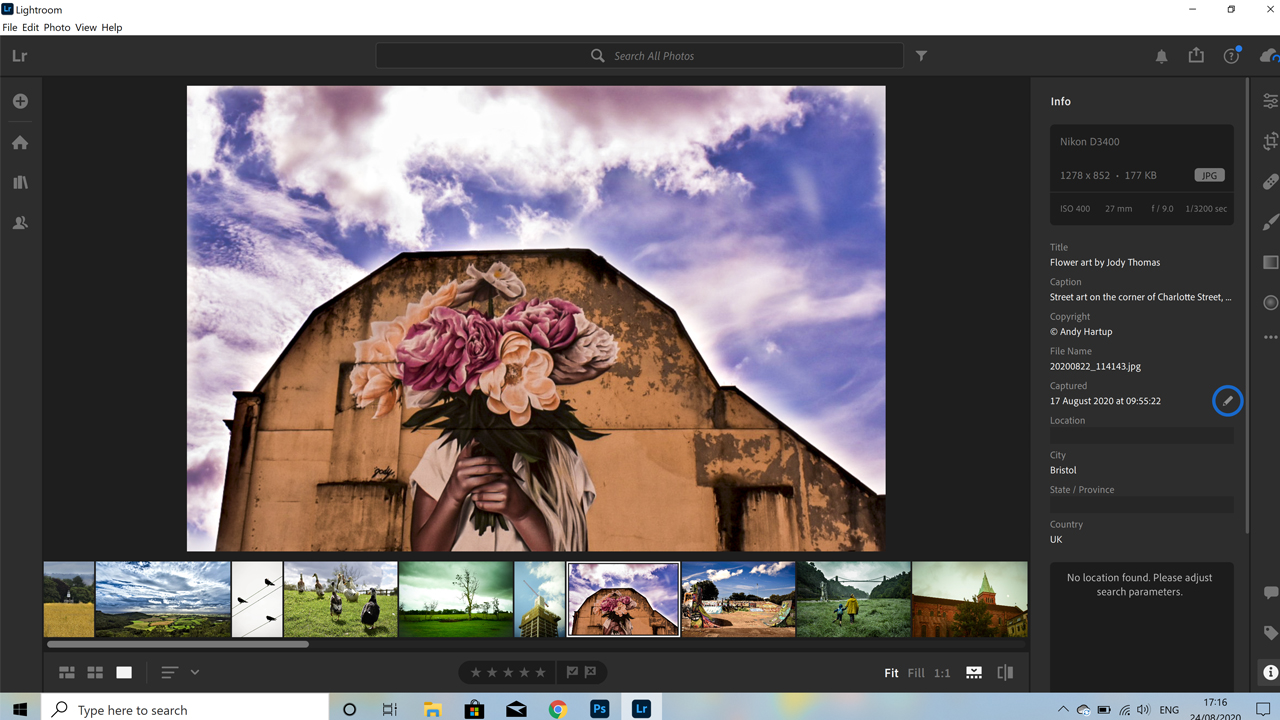
Simply, yes, the best photo editing software will always continue to get better, providing solutions to problems you may - or may not - have with your pictures. While the power of your phone’s camera, and your own ability to frame and snap a decent pic, is one thing… the ability to enhance and process that picture is quite another. And while you need to subscribe to many of the top photo apps, they are constantly improving to justify that continued expense.
“I think we’ll continue to see incredible things with AI based features that take the tedious and monotonous work out of photo editing, or help restore and fix issues within photos,” says Morgan. AI, or smarter automatic editing, has come on leaps and bounds in recent years, and will only get better as time goes on. The ability to alter, remove, and enhance an image via an app is getting easier and more effective.
So, do you need an app for editing your photos? That depends how good you want your pictures to be. If you just want to snap away, that’s fine, but if you want to take your pictures to the next level - and keep them there in the future - then yes, we’d recommend looking into it. And if you need one of the best DSLR cameras or best mirrorless cameras, to get really into photography, then we’ve got you covered too.
